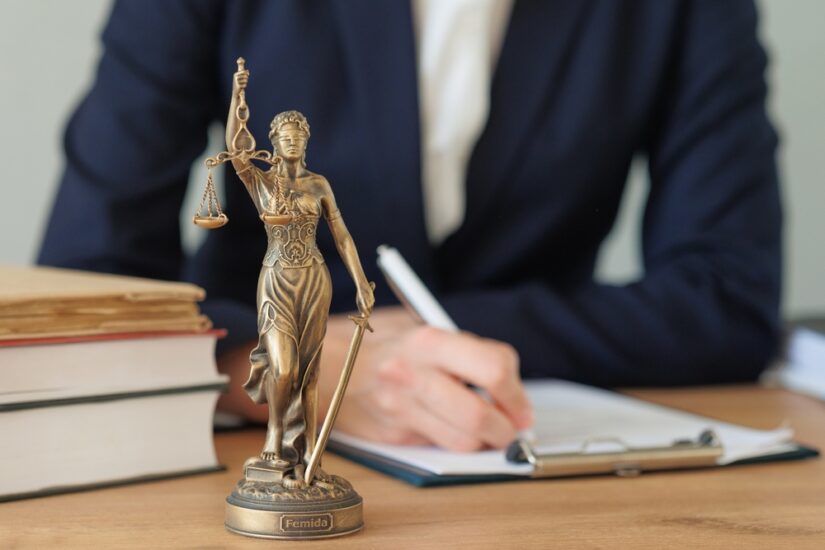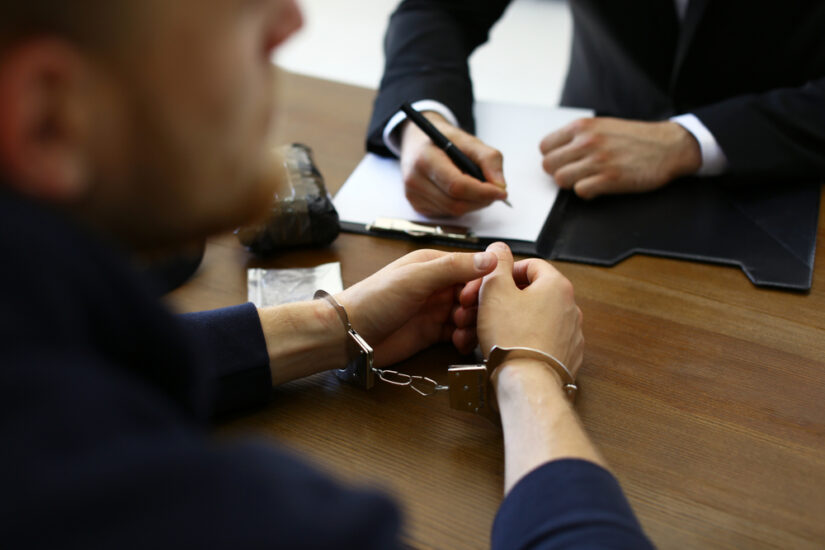Should I Talk to Miami Police or Stay Silent Until I Have a Lawyer?
By otmseo on November 17, 2025

Talking to the police in Miami could get you into trouble, even if you’ve done nothing wrong. Most citizens are unaware of what to do when they are approached by a law enforcement officer. If you don’t know when to remain silent with the Miami police, you could inadvertently be looking at criminal charges as they cart you away to the police station.
If you’re looking for legal guidance for an interview with Miami police, look to Jonathan B. Blecher, P.A., as a formidable presence for DUI defense services and criminal defense solutions. Legal counsel is imperative for protecting your legal rights and freedoms. Learn about Jonathan B. Blecher, P.A., and get Miami police interrogation advice.
The Legal Rights You Have When Confronted by Miami Police Officers
The law provides you with Constitutional rights that you may exercise if you are confronted by police officers in Miami. One of the most important of these legal rights is that you have the right to remain silent, which is the Fifth Amendment.
It is critical to understand that you can’t simply sit there and not say a word. First and foremost, be calm and polite, and let the officer know that you would like to remain silent and will not state anything further without your attorney present.
The Sixth Amendment can also help if you don’t have money for an attorney. You can still get a lawyer present, as you have the right to have one appointed to represent you. The Fourth Amendment relates to refusing searches. Often, during a police stop on the road, when an officer stops a vehicle, they may ask to search it. You have the right to refuse this search thanks to this amendment. Police need to have a warrant or probable cause to conduct a search, unless consent is provided by you.
The Potential Risks of Speaking to Law Enforcement Without a Criminal Defense Lawyer
It may seem innocent enough when you speak to a law enforcement officer without an attorney present, but it could come back to haunt you. One of the biggest reasons a criminal defense lawyer will advise against talking to the police without legal representation is self-incrimination. You might unintentionally say something that is misinterpreted or taken out of context.
Likewise, your words could be twisted to imply guilt, even if you’re just trying to be honest. Police officers can use interrogation techniques, which often leads to false confessions. They may make things more difficult for you if you had minor inconsistencies in your statement, attacking your credibility.
The bottom line is this: If you are the focus of a criminal case, use your right to remain silent and contact a defense lawyer who has the legal knowledge you need who will be by your side when facing police questioning.
Overview of the Miranda Rights and Their Implications During Police Questioning and Encounters
Stemming from the United States Supreme Court, your Miranda rights, which are also called Miranda warnings, must be stated when you are in custody and being interrogated. The officers must state that you have the right to remain silent, that anything you say can and will be used against you in court, that you have the right to have an attorney present, and that if you can’t afford one, a public defender will be appointed for you.
After you are read these rights, you can choose to waive them and answer questions, but it is best to remain silent unless your lawyer tells you otherwise. It is important to understand that Miranda warnings are only required before a custodial interrogation. If the police do not tell you your rights at that point, any statements made are inadmissible in court.
Movies and TV shows may have made you familiar with these legal rights, but the police do not have to read them to you in every scenario. For example, if they make a routine stop or you are not in custody, you do not need to be read these rights. In these situations, any voluntary statements you make without promoting may still be admissible.
The Advantages of Consulting a Criminal Defense Attorney Before Answering Police Questions
Without a lawyer, you are more vulnerable when you talk to police, whether you are innocent or guilty. If you find yourself the suspect of an investigation, are being questioned, or may be arrested, it is vital to speak with a lawyer first.
Your attorney can tell you when to speak and when you should remain silent. The police can’t keep questioning you once you state that you wish to exercise your right to remain silent and have an attorney present.
A lawyer will help you know what you should and shouldn’t say and ensure you make informed decisions. They will also intervene on your behalf and protect you from manipulation and coercion. Your responses can be guided by your attorney to match your defense strategy, and in some cases, bringing an attorney in early during questioning can lead to law enforcement dropping the investigation.

Steps to Take to Protect Your Rights Effectively If Approached by Miami Police
If you are approached by Miami police for any reason, always stay calm. If you’re in your car, pull over to a safe spot, turn off the vehicle, and put your hands on the steering wheel where the officer can see them. You’ll also want to leave your seatbelt on and be transparent when reaching for documents to show the officer. You can refuse field sobriety tests, but refusing chemical tests could result in license suspension.
In other scenarios, you must also remain calm. If you are being questioned and it seems you might be arrested, you can exercise your right to remain silent and request an attorney to be present. You can also refuse any search without a warrant.
Get a Miami lawyer for police questioning by contacting Jonathan B. Blecher, P.A., for DUI defense and criminal law representation. You can schedule a free consultation to learn more about how to talk to the police and what to do if you’re arrested.







